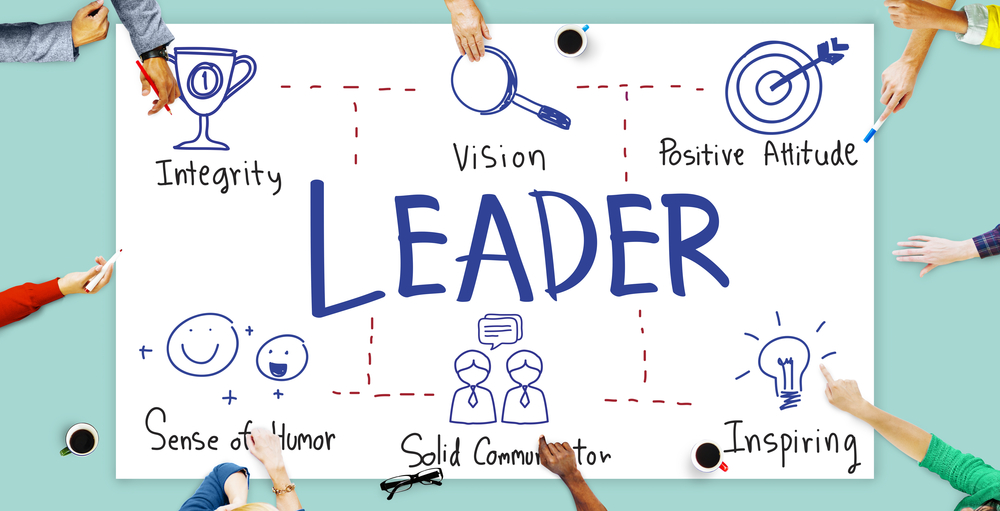
Leaders influence people to achieve organizational goals that sustain high performance over time.
Most discussions of leadership focus on a single facet that drives effectiveness (such as personality traits, skills, or behaviors). However, recent research has demonstrated that an individual's ability to be effective as a leader depends on their unique, integrated combination of traits, skills, behaviors, and processes.
Good leaders have impact because of who they are, how they succeed through others, and what they know about solving problems. They grow companies profitably, staying focused on customers. Employees have confidence in them because they are effective.
Specifically, leaders are…
- Role models, keeping themselves energized and committed, personifying integrity and courage, inspiring trust in team members, followers, and upper management
- Team builders who succeed through other individuals and teams, and effective two-way communicators who resolve conflict, show care, and act appropriately for the situation, inspiring cooperation, confidence and optimism
- Problem solvers, making competent decisions dealing with everyday events and providing intellectual stimulation to others. The decisions leaders make every day define who they are
- Direction setters, generating profit and growing the business, envisioning change and embracing calculated risk taking, leading the way with an entrepreneurial spirit while budgeting and prioritizing effectively
- Customer champions, focused on serving customers’ needs, thinking and acting win-win for the company and customers
- Structure creators, organizing people, projects, tasks, and resources for optimal coordination and flow, opening communication, and generating alignment
- Position skilled, competent and knowledgeable in the role they hold in the company
See how the LCI can helps assess and improve the competence of your managers in these critical roles.
+1 888 316 8307
